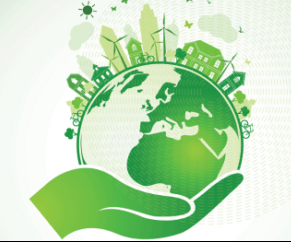Research on the practice of sustainability reporting that is specifically focused on the approach applied by port authorities (or port managing bodies—PMBs) and based on surveys as a data collection method, is very limited. Most research consists of single-case studies, only partly covers the different dimensions related to the implementation of sustainability reporting, or is based on content analysis.
The latest portstudy by PortEconomics member Michael Dooms, along with Magali Geerts and Lara Stas (Vrije Universiteit Brussel) offers a multidimensional approach of the concept of sustainability reporting based on a global survey yielding 97 complete and valid answers of PMBs. A binomial logistic regression has been conducted to identify those organizational characteristics, whether or not under the control of the PMB, that have the largest explanatory power when it comes to the adoption of the practice of sustainability reporting.
The research results present new variables compared to the findings of previous studies, such as proximity to a city, the history of data gathering, and the presence of environmental/social certifications. Furthermore, this paper also investigates how these organizational characteristics are interlinked with external, contextual forces by making use of Institutional Theory. By combining organizational characteristics with information on the institutional environment in which the PMB operates, a more complete image is obtained. The results of this analysis show that myriad different institutional pressures are in play when it comes to having influence over the decision making of PMBs with regard to the adoption of sustainability reporting. Furthermore, several prominent associations between one of the isomorphisms and certain organizational characteristics can be observed.
The portstudy has been published in the Sustainability journal (13(6), 3148) and can be freely downloaded in journal’s webpage.












